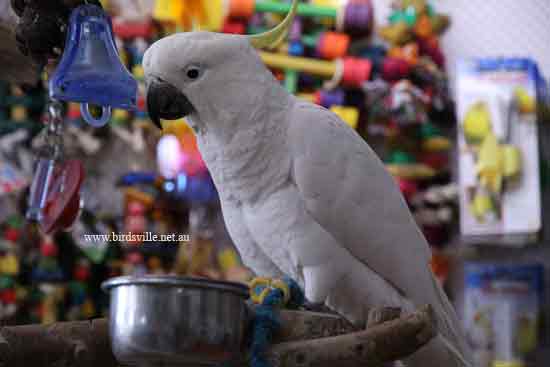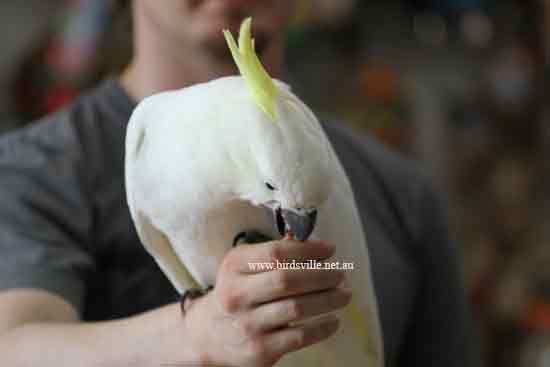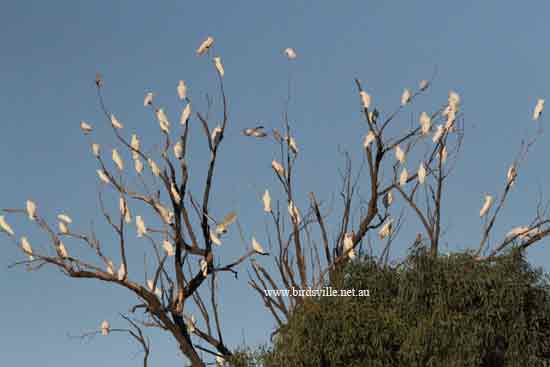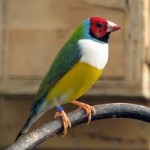Sulphur Crested Cockatoo care guide
Hand Raised Sulphur Crested CockatooSulphur crested cockatoos are a wonderful bird but are extremely noisy, possibly the loudest bird you can get so make sure your neighbours are ok with a lot of noise. The talking ability is moderate but are very intelligent and can learn many tricks, did i mention they are very noisy!
Bringing your bird home for the first time.
For unweaned birds visit our hand raising page.
Bringing your bird home for the first time-
First 3 days- Give your new bird time to get used to the surroundings without too much handling as they may be stressed. It is important to not stress Cockatoo’s as they are susceptible to pathogens during stress as the immune system can drop.
First 5 days- Place sulpha dim, sulfa 3 or sulfa aid in the water for your cocky for the first 7 days especially if your bird is a juvenile. A good precautionary measure this will stop your bird from getting the runs which is often caused by stress which can quickly cause a baby bird to be susceptible to a host of bacteria’s if your bird becomes dehydrated.
Signs of a healthy Cockatoo
- Active and alert
- Eats and drinks
- clean vent
- clean well groomed feathers
- clear eyes
- beak and feet have a normal appearance
Signs of an un healthy cockatoo
- watery discolored stool
- Eyes swollen and red
- Discharge from eyes or nasal area
- Loss of appetite
- Soiled vent
- Loss of voice, wheezing or coughing
- Plucked feathers or bald patches
- Dirty brown feathers
Diet for Cockatoo’s
For recently weaned Baby Cockatoo’s for the first 3 weeks give them an all you can eat buffet of all foods mentioned below before feeding them the way mentioned below.
A well-balanced Diet is essential for the long-term health of your birds generally if your Sulphur Crested Cockatoo is fed properly you should be unlikely to have any health issues as most pet cockatoo problems stem from Diet. Do not fall into the same feeding prison that thousands of cockatoo owners in Australia do and throw out perfectly good feed and replace it with more seed. Your bird will only eat the fattiest seed like sunflower and nothing else.
The best way to feed your Cockatoo is with what I call a dust bowl diet. Aside from water you should have at least 2 bowls one for seed and the other for pellets. Fill one bowl less than half full of seed and the other half full of pellets of your choosing. Do not add anymore seed until the pellets and seed have all been eaten, this is cheaper for the cockatoo owner and much healthier for your cockatoo as they eat everything. I refill the bowls of our cockies around every 3 days. Sulphur Crested Cockatoo’s are efficient feeders in captivity and the wild and will not starve as a zookeeper we were told a galah sized cockatoo only needs to feed on a tablespoon of seed and a tablespoon of pellets a day.
Feeding your cockatoo properly will greatly improve the health of your bird and the feathers within 6 months when they go through a molt will reflect the health inside out.
Seed– Use a good quality cocky mix that does not contain black sunflower be wary of many supermarket mixes as they may contain filler seed and not of the freshest seed. If you are unsure of the seed, you are using ask your local bird expert. Birdsville have a specialty blend specifically designed for cockatoos, this mix as added legumes, Mung beans and other goodies at the cheapest possible prices as it is manufactured in store.
sprouted seed– Cocky mix is perfect mix for sprouting seeds you can also add mung beans to the mix.
How to sprout seeds for Cockatoo’s
- Place the desired number of seeds to be sprouted into a container.
- Rinse seeds in container well until water runs clear.
- Soak overnight in fresh water, the water level should be well above the seeds to allow for the seeds to swell. Be sure to add aviclens or multiclens to the water to remove bacterial build which can make your bird sick.
- Rinse well in the morning
- Spread seeds in a pan, colander or wide container in a dark well-ventilated area.
- Rinse well several times a day
- Harvest the seeds when small sprouts begin to appear.
- Drain the seeds until dry before serving on the menu, this will stop them spoiling as damp foods often do.
Pellets– fantastic for cockatoo’s of all kinds we recommend Murphy’s pellets, passwell parrot pellets, vetafarm nutriblend pellets, vetafarm maintenance pellets, or Pretty bird pellets.
Greens and veg– silver beet, seeding grasses, spinach, chickweed, endive, broccoli, chili, capsicum,
Fruit– apple, pear, rock melon
Calcium– cuttlebone, calcium perches or shell grit
Vitamin D supplement– This is essential for the absorption of calcium for all birds this is only necessary for birds that do not have access to unfiltered sunlight. Sunlight through a window is filtered and does not allow the vitamin D raise through.
Vitamin supplement– Added via the water supply this is not necessary if you feed your bird pellets.
Do not feed– Avocado, caffeine, alcohol, onion and too much sugar.
Housing for Cockatoo’s
Cage selection– Large Macaw sized Cages are recommended for white cockatoo’s the smaller cockatoo’s can go in a slightly smaller cage. There is no such thing as a cage too big for any bird.
Position of cage– Place the cage somewhere central as your bird wants to be a part of the family too, it is best not.
Play gym– Perfect addition for any Cockatoo owner, in my opinion is essential for any person who owns a hand raised Cockatoo and great for training.
Perches– Natural perches are much better than dowel as they have bumps and turns which stops your bird over time developing foot problems.
swings– Great for cockatoo’s as they love to play and also is a form of exercise as they use muscles, they would not normally use standing on a still branch.
Toys– There is no such thing as too many toys for cockatoo’s these intelligent birds need toys to keep their mind active and stop problems such as feather plucking which is easily preventable with plenty of toys.
Bird Bath– Many cockatoos’ loves to bath or you can spray them with fresh water.
Habitat Maintenance
- Replace toys, dishes and perches when worn.
- Clean and disinfect cage, and food bowls regularly.
- ensure the cage and toys do not contain lead or zinc.
Health issues
To my knowledge and experience Sulphur crested cockatoos become affected more than any other bird by the disease of beak and feather disease Although many birds carry the disease and never get affected, those that do become affected usually will not live longer than 18 months as i have found that this disease is usually a young bird decease. Strangely birds that are 2 years old do not seem to be affected and live a long life unaffected.




